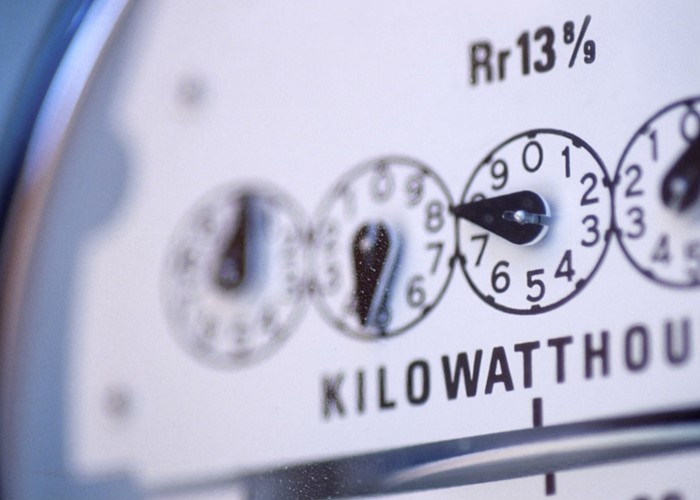PAC: £215 smart meters will cut energy bills by just 2%

MPs warn device won’t save enough and may become redundant.
Installing energy smart meters in every home in the UK will cost households more than they save, a group of MPs has warned.
The Public Accounts Committee says that the Government’s scheme will save households just 2% a year. That amounts to a £26 saving on the average £1,328 annual energy bill.
Margaret Hodge, chair of the PAC, said this small saving relies heavily on households altering their consumption and competition between suppliers, but this was "insufficient" to protect households.
She said: "Relying on market forces to keep costs down may not be enough on its own to protect consumers. This is something energy companies don’t have a great track record on."
Ofgem recently referred the energy market to the Competition and Markets Authority over serious concerns about the lack of real compeition in the industry.
Eroding savings
The Department of Energy and Climate Change’s (DECC) smart meter programme requires energy suppliers to replace 53 million meters in homes and small businesses with smart electricity and gas meters by 2020.
The roll-out - which begins late next year - is estimated to cost £10.9 billion or £215 per household.
The cost of the scheme will be covered through additions to energy bills, which the report says will peak at £11 a year in 2017.
So the cost of installing will also diminish the savings the device has the potential to deliver.
Compare gas and electricity tariffs
'Redundant' technology
Smart meters will use an in-home display that allows households to see in real-time how much energy they are using and how much it is costing.
The DECC says the technology will bring an end to estimated billing, help households reduce their gas and electricity consumption and make it easier to switch supplier.
But the report warns the technology could be out of date by the time the five-year roll-out is complete, with smartphones able to perform a similar function.
The committee said this would make the in-home display "redundant" and leave households paying for equipment they no longer needed.
Compare gas and electricity tariffs
Troubled scheme
This is not the first time the smart meter programme has come under fire from the PAC and other groups about the benefits versus the cost.
However, the DECC defended the scheme against the latest backlash. Under Secretary of State for Energy and Climate Change, Baroness Verma said: “Smart meters put power into the hands of consumers, bringing an end to estimated billing and helping people understand their energy use.
“The nationwide roll-out is part of the Government’s complete overhaul of the UK’s energy infrastructure which will revolutionise the market and support the development of smarter electricity grids. It will help reduce consumer bills, enable faster, easier switching and give households control at the touch of a button.”
What do you think about smart meters? Let us know in the comment box below.
Compare gas and electricity tariffs
More on household money:
Energy tariffs ending: it's time to switch
Compulsory water meters- will you pay more?
Comments
Be the first to comment
Do you want to comment on this article? You need to be signed in for this feature